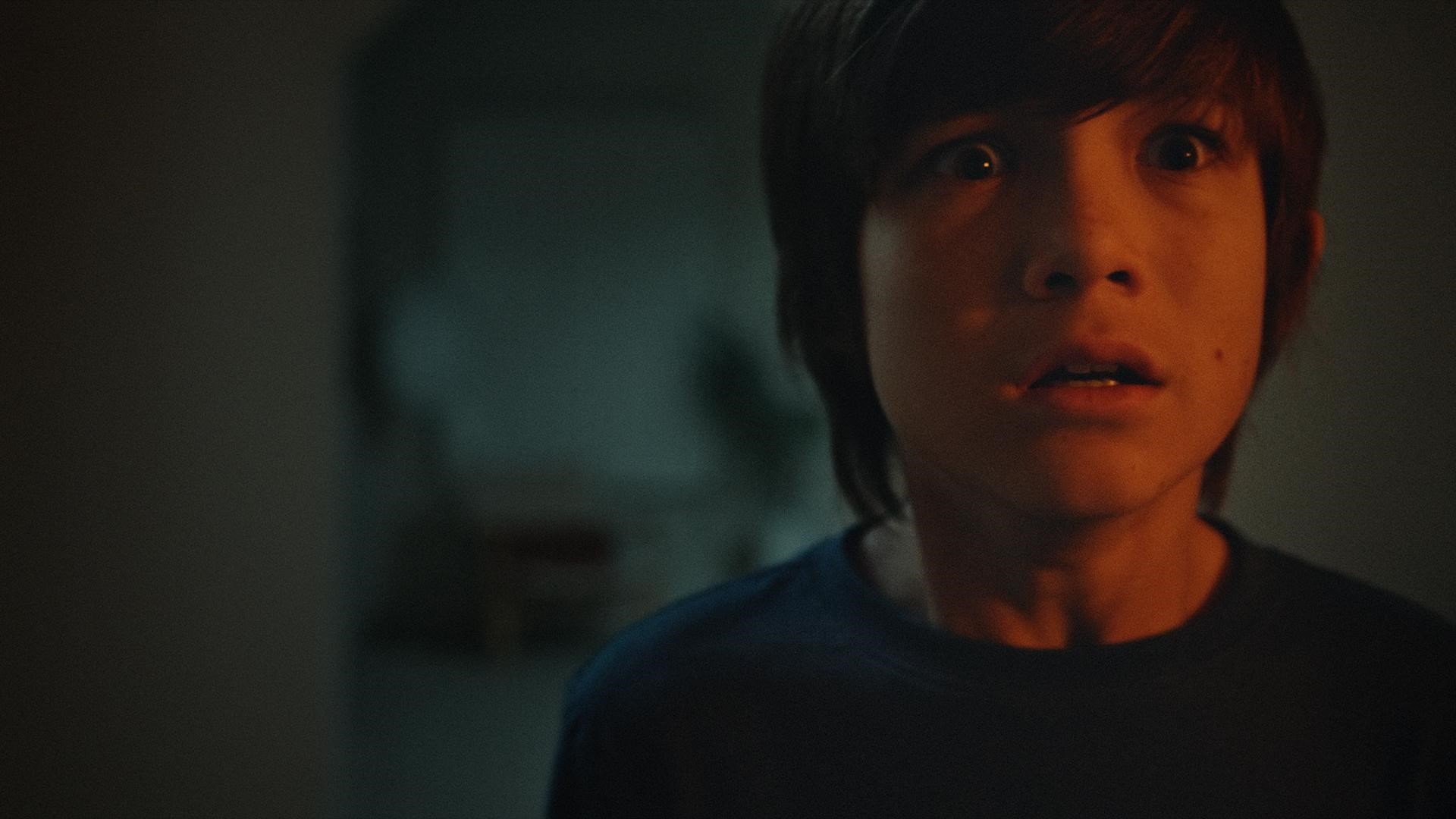In 2019, Avengers: Endgame had an all-time opening weekend of $357.1 M and the biggest worldwide gross in history, with $2.97 B worldwide. With a summer season that had the likes of a Lion King remake ($1.3 B worldwide), John Wick: Chapter 3 ($320 M worldwide), Spiderman: Far From Home ($1.1 B worldwide), and two minor horror hits like Annabelle Comes Home ($219 M worldwide) and Midsommar ($34 M worldwide), sales still took a 5% hit. Streaming services like Netflix, Hulu, and Amazon have become more viable competitors to conventional movie studios. Like a Warner Brothers, Netflix is just as active in acquiring major indie titles or big-budget films. Look at Mank, The Irishman, and Roma for quick examples. It’s a whole different ballgame that’s going to take a fresh approach. Then the COVID-19 pandemic hit in March 2020, and many theaters had to close. The movie theater industry was in disarray; they had to find a home with many delayed films and projects.
I remember the tagline during the Tenet releases where it said, “movie theaters are back!” Considering that there was no vaccine available and theaters were not open across the world in abundance. The big Christopher Nolan-directed release was over $300 M worldwide, but only $45 million of that was domestic. Now, some studios acted, where Disney moved Soul to release on their streaming service, and Warner elected to do a dual release with Wonder Woman 84. They would do something with their entire 2021 theatrical slate (much to the displeasure of the directors of those films). Many directors have voiced their displeasure on how they want the audience to experience what actors, film crew, post-production have poured their blood, sweat, and tears into. And that’s ok. We also have to realize these are not regular times. There was a time when I listened to music on cassette tapes and records. We have progressed into MP3s and FLAC. While I might be comfortable with one medium, the most important thing is that we both get to listen.
If we keep thinking about ‘pre-pandemic box office grosses, we are setting ourselves up for failure and losing a moment where the film industry can modernize itself to be accessible to everyone. Remember Napster? One free streaming service upended the music industry. Instead of trying to adapt to minimize the damage, they went full force to kill it. At the same time, having CDs that were priced upwards of $25. Out of Napster’s graveyard grew Kazaa, Audiogalaxy, Bearshare, Limewire, and plenty of others. It was a digital hydra that the music industry wasn’t prepared for. As they lost money through traditional means, they only embraced the concept of selling singles and streaming services like Apple Music and Spotify. If you’re a family of four, it’s hard enough to get everyone to go to the theater and agree on what to see—not even factoring in the single ticket price and concessions for everyone. If the average ticket price is over $9, that’s $36-$37, an outing just for tickets. There’s room for cinephiles who enjoy the communal experience of booking their ticket and sitting in that reclining seat. Likewise, for the person with a lovely couch, television, and sound system. If any company or industry shall know from previous experiences is that consumers remember.
Most Americans don’t even go to the movies more than once a month. Think of all those people who will either wait for rentals or miss out completely. Don’t they deserve to experience the same happiness and glee, even if it may be in their humble abode? That’s not to throw the theatrical experience away. People would agree that seeing a movie in IMAX or Dolby feels terrific. But we note that in this current climate, that may not be possible for a while. Those people may not desire the same thing or experience it differently. So, there has to be a way where creators get compensated, but the audience has a choice to support them. It’s not that theatrical or streaming is better than one another. Each medium has its share of films that don’t work or resonate with an audience.
AMC Theatres’ recent strategy, including raising prices on tickets and concessions and limiting movies times, will not help matters. In a society where many people are still out of work, parents are struggling to find child care, and under the clutches of COVID-19, those aren’t the measures to help people back to the theater. Consider this; as the population grows, the box office has been in decline for 17 years. Not giving people choices will not drive audiences back to the theaters in droves, especially when there’s a deadly, highly transmissible airborne virus. So, they instead look at streaming services. Or options like HBO Max’s dual release strategy or Disney’s Premier Access. Outlets like Apple or Paramount give creators a chance to showcase ideas that theatrical releases usually don’t. It’s still a very money-driven medium that holds many sequels and remakes. A box office that doesn’t take enough bets on original ideas. We might enter a world where there isn’t a billion-dollar grossing movie every month. The hindsight and targets of what success means, having to adapt to it. When it looked like the pandemic was subsiding, movies like F9 and A Quiet Place Pt. 2 found success at the box office. As Delta variant cases rose, films like Black Widow underperformed in theaters, but made money on direct-to-purchase streaming. Until the virus subsides to where people are comfortable, you will have up and down performance that you see with In The Heights, Free Guy, and Candyman.
Just yesterday, Paramount moved their fall slate into 2022 (including Jackass Forever, Mission Impossible 7, and Top Gun: Maverick). Who knows the fate of Sony’s Spiderman: No Way Home will be with its December release date. 2020 was a very tough year for how we conventionally think of cinema. However, it’s been a long decline, and the writing was on the wall beforehand. As studios create divisions to push higher-quality releases into their streaming modicum, this could be a chance to enhance both experiences. Sometimes, the answer isn’t either-or. Especially with movies, everybody should have their turn to experience a two-hour getaway—no matter where you choose to go.













